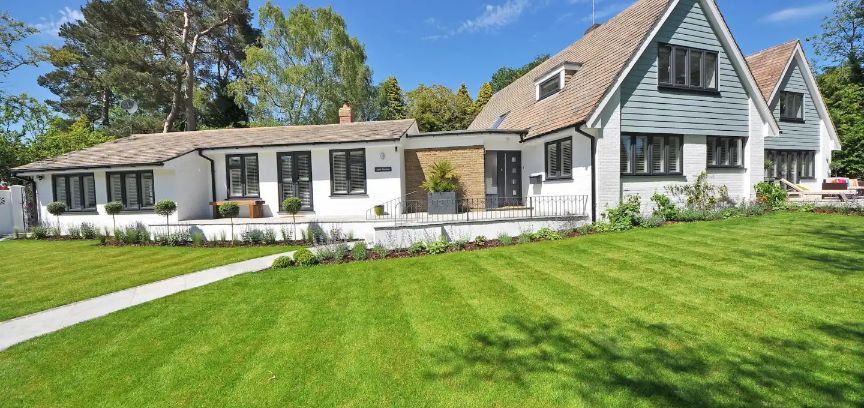Affordable Housing Solutions: Opportunities and Challenges in Europe
5 min read
27 Jun 2024
Affordable housing is a fundamental component of a thriving society, and in Europe, like in many parts of the world, it's a pressing issue. As housing costs rise and urbanization continues, finding viable solutions for affordable housing becomes increasingly important. In this article, we will explore both the opportunities and challenges associated with affordable housing in Europe.
Opportunities:
1. Public-Private Partnerships: Collaborations between government entities and private developers have the potential to create affordable housing solutions. Governments can provide incentives, subsidies, or land, while private developers bring expertise and resources to the table.

2. Sustainable Construction Practices:Embracing sustainable building practices can lead to more cost-effective housing solutions in the long run. Energy-efficient homes not only reduce utility bills for residents but also decrease the environmental impact of housing projects.
3. Modular and Prefabricated Construction: Modular and prefabricated construction techniques offer the advantage of reduced construction time and costs. These methods allow for the mass production of housing units, making it easier to meet demand for affordable homes.
4. Mixed-Use Developments: Combining residential spaces with commercial and retail components in a single development can create affordable housing opportunities. Income generated from commercial spaces can help subsidize housing costs.
5. Affordable Housing Initiatives: Many European countries have established affordable housing initiatives to address the issue. These programs often include subsidies, rent control measures, or tax incentives to encourage affordable housing development.
6. Community Land Trusts: Community land trusts are nonprofit organizations that purchase and hold land for the benefit of the community. They can help ensure that housing remains affordable by controlling land costs.
Challenges:
1. Rising Property Prices:As property values increase in many European cities, it becomes more challenging to acquire land for affordable housing projects. High land costs can make it economically unfeasible to provide affordable homes.
2. Regulatory Hurdles: Stringent regulations and zoning laws can hinder the development of affordable housing. Lengthy permitting processes and restrictions on building density can slow down projects and increase costs.
3. NIMBYism:The "Not In My Backyard" (NIMBY) mentality is a common challenge in the development of affordable housing. Residents often resist the construction of affordable housing units in their neighborhoods, fearing decreased property values or changes to the character of their communities.
4. Construction Costs:Construction costs, including labor and materials, have been on the rise. This can make it difficult for developers to build affordable housing without compromising on quality.
5. Gentrification:In some cases, the development of affordable housing can inadvertently lead to gentrification. As new affordable units are built, surrounding property values may increase, making the area less affordable for existing residents.
6. Lack of Funding: Adequate funding is crucial for the development of affordable housing. Governments and organizations need to allocate sufficient resources to support affordable housing initiatives.
7. Affordability Gap: The affordability gap, or the difference between housing costs and household income, continues to widen in many European cities. This gap makes it increasingly difficult for lower-income individuals and families to find affordable homes.
8. Lack of Available Land:In densely populated urban areas, finding available land for affordable housing projects can be a major challenge. Limited land supply can drive up prices and limit development opportunities.
Conclusion:
Addressing the issue of affordable housing in Europe requires a multifaceted approach that combines government initiatives, private sector involvement, and sustainable building practices. While there are opportunities to create affordable housing through public-private partnerships and innovative construction techniques, there are also significant challenges, including rising property prices, regulatory hurdles, and resistance from existing communities.
To make meaningful progress in providing affordable housing, it's crucial for governments, developers, and communities to work together collaboratively. This can involve revising zoning laws, offering incentives for affordable housing development, and fostering a more inclusive attitude toward affordable housing within communities. By leveraging these opportunities and addressing the challenges head-on, Europe can make strides toward ensuring that everyone has access to safe, decent, and affordable housing. Affordable housing is not just a matter of economics; it's a cornerstone of a just and equitable society.



